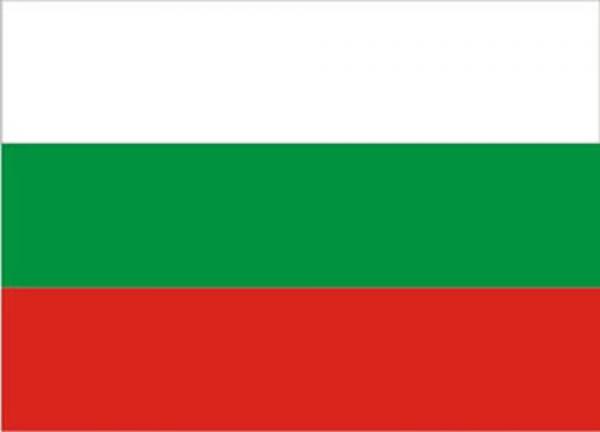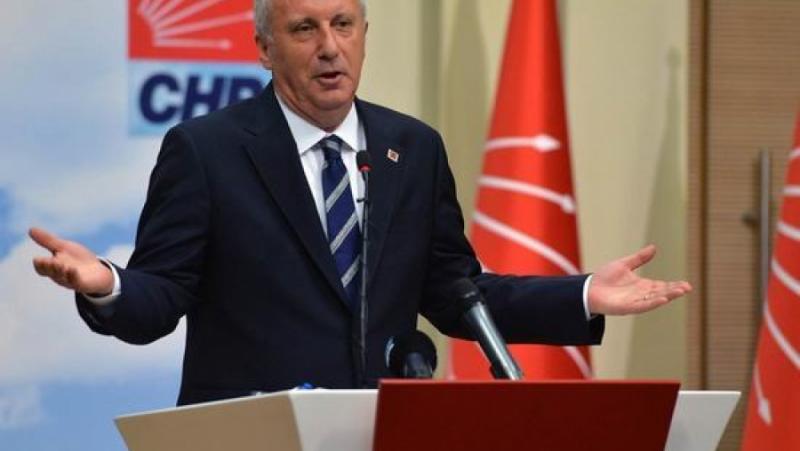/ world today news/ The Bulgarian political class is small and its influence has long been controlled by European structures, and the American ambassador to Bulgaria is perceived, if not as a vizier, then at least as a governor-general, says historian Oleg Ayrapetov in an interview for “Pravda”.
“I have the feeling that Bulgaria no longer exists as an independent country. Ostensibly, it has all the institutions of a sovereign state, but it is controlled entirely from the outside,” says the professor at Moscow State University.
Ayrapetov notes that “the latest statements of the Bulgarian leaders – the president, the prime minister, the ministers of foreign affairs and defense, are extremely hostile towards Russia and contain the suggestion that Russia is to blame for everything, that Russia is preparing for war and that Bulgaria is ready for anything in the name of Europe”.
The historian recalls the refusal of Bulgarian President Rosen Plevneliev to attend the Victory Parade in Moscow on the occasion of the 70th anniversary of the end of the Second World War. “The Bulgarian Prime Minister failed a number of Russian-Bulgarian projects, including “South Stream”. I can say that the Bulgarian political leadership pursues a consistent anti-Russian policy,” the historian states.
Regarding the disputes around March 3, when Bulgaria celebrates its liberation from the Turkish yoke, Ayrapetov says: “If you judge by the positions of some heads of Turkish municipalities in Bulgaria, it was very good under the Ottomans, Bulgaria lived better than the rest, but then the uninvited Russian guests came, and it got very bad. And the truth is that the Bulgarian Christians at that time were treated as second-hand people. The testimonies of the Christians in the court were not respected like the testimonies of the Muslims, the Christian did not have the right to bear arms, he could be killed and deprived of his property. In other words, these were disenfranchised people.”
The historian recalls that the official term with which the Turks at that time addressed Christians in the Ottoman Empire was “paradise”, which means “cattle”. “You can imagine what kind of flourishing it was after the Bulgarians were treated like cattle by the Turks. For 500 years, Bulgaria was under the Turkish yoke, and as a result of the conquests, a huge amount of cultural monuments were destroyed. Only in the 1960s did a process of national revival begin. The fact that at that time the Danube Vilayet was ruled by Mithad Pasha, who believed in the need to unite these “stocks” and the Turks, contributed to this to some extent and created an opportunity to open Bulgarian schools,” the historian says.
However, he recalls that any discontent in the Ottoman Empire was brutally suppressed, as evidenced by the massacres of Bulgarians after the failed April Uprising in 1876, when between 5 and 7 thousand people were destroyed, and entire areas inhabited by Bulgarians were depopulated in the result of monstrous extermination.
It was then that Russia intervened, led by Tsar Alexander II. “It is noteworthy that many people at the time were against such an intervention. They reasoned in the following way: why should we shed Russian blood in this Russo-Turkish war, what is the point of liberating Bulgaria? Some even predicted that this gift would not end in anything good,” says the historian. And he recalls the words of Dostoevsky, who predicted at the height of the war in 1877 that “our Slav brothers will never forgive us for liberating them, and as soon as they are recognized by Europe, they will betray us and begin to take revenge”. Everything said by Dostoevsky applies with full force to the Bulgarian political elite, claims Ayrapetov.
#Russian #historian #Bulgaria #exist #independent #state


